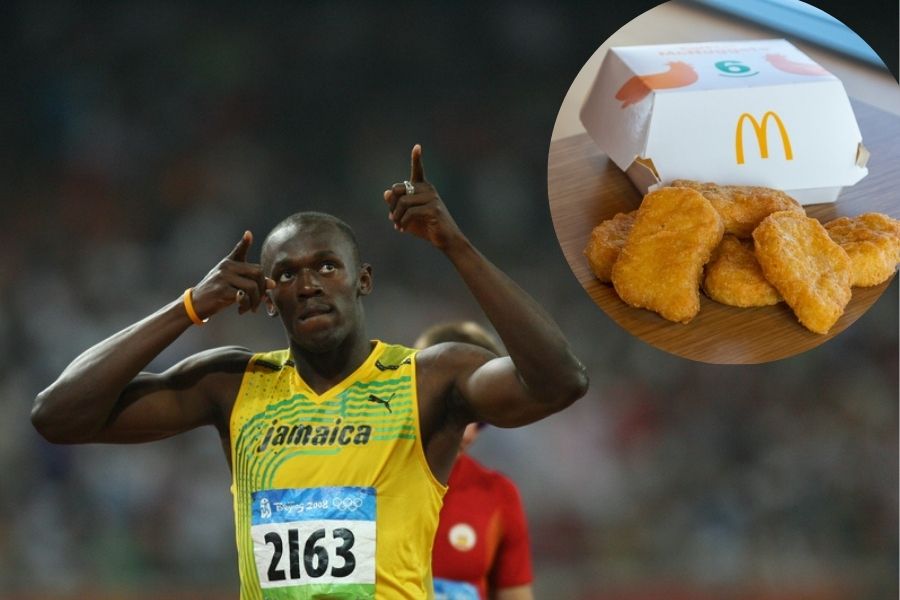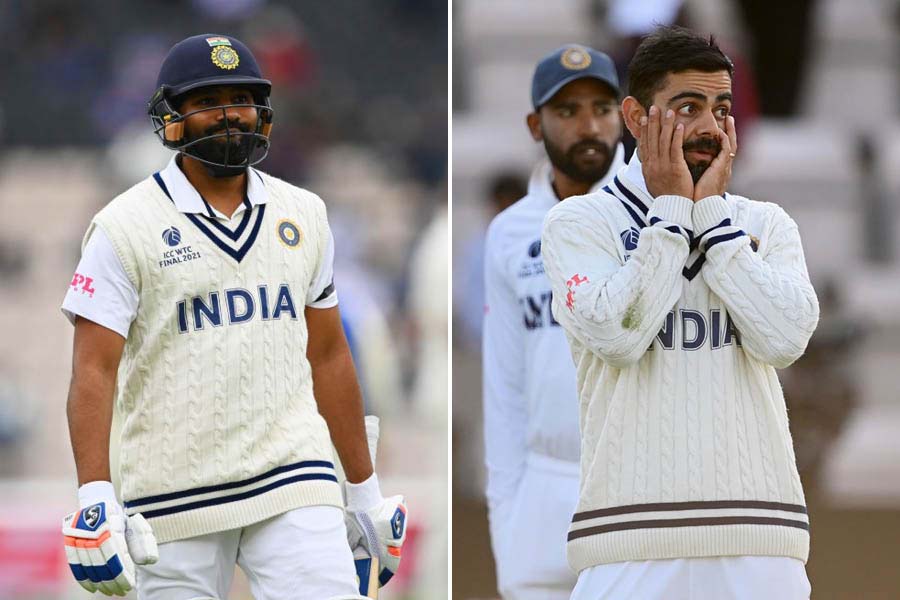India just lost the Border-Gavaskar trophy. It happens in sport. We had won it consistently over a period of time. This time we lost. The outcry, as it usually is with the Indian team, was well and truly loud. Apart from a certain Jasprit Bumrah, who scripted cricketing history, and a handful of others, the series was a bad one for the team. And most fans felt the emotional sting with many of them taking it personally. But this defies logic, because they have emotionally bound themselves to something that is completely out of their control. Why do we feel this way? Do we lose when your team loses?
Identity and its tentacles
Identity lies at the core of our emotional investment in sports. Divested social identity in particular. Social Identity Theory, proposed by social psychologist Henri Tajfel, suggests that people derive a significant part of their self esteem from the groups to which they belong. To us, a favorite sports team represents more than just entertainment; it becomes an extension of ourselves. When the team succeeds, we bask in reflected glory, a phenomenon psychologists call ‘BIRGing’ (Basking in Reflected Glory). Conversely, when the team loses, it threatens our sense of identity and self-worth, leading to feelings of frustration, sadness or even anger.

Arsenal fans BIRGing at a Premier League match Getty Images
Cue the birth of the ‘fandom’, derived originally from the word kingdom. It has its own rituals to go with the BIRGing: wearing jerseys, attending games or engaging in spirited debates about players and strategies. These are the things that collectively reinforce our sense of belonging. They cement our sense of solidarity with the team. Slowly but surely, the team becomes a part of us (through repeated interaction). Their win is ours. Their loss is ours.
You must be wondering, surely, this is too simple. There must be more layers to this. There are. Our brain has billions of specialised nerve cells that shoot electrical impulses all over the body, allowing us to function. There is a specific subtype of neurons called ‘mirror neurons’. Mirror neurons are activated when we observe others’ actions, making us feel as though we are experiencing those actions ourselves. When we watch a game, especially one involving our favourite team, we mirror the players’ emotions and physical exertions — especially if we recognise our characteristics within them. This explains why we feel elation when a goal is scored and anguish when a game is lost.
Nowadays, we have another layer adding to this. Storytelling. Broadcasters and their social media teams are always on the hunt for the moment. Nitish Reddy’s wonderful century at the all-time Melbourne Cricket Ground with his father in the stands was one such moment from the recent Australia series. The impact of such moments on the audience is amplified by dramatic commentary and music as well as a profusion of Reels, videos and still images across various media.
Sport narratives now mimic the structure of stories, complete with heroes, villains and dramatic arcs. Our brains are wired to connect with stories and the emotional investment in a team’s journey can be as compelling as any novel or film, if not more. The players’ struggles and triumphs become our own, further deepening the emotional stakes.
But that’s not such a bad thing. After all, what’s wrong with escaping during a game to have a little fun?
Dr Sahen Gupta is a Kolkata-born, India- and UK-based psychologist who divides his time between mental health support and high-performance coaching. As the founder of Discovery Sport & Performance Lab, he works not only with Olympians and other top-level sportspersons, but also with CEOs and other professionals striving for excellence. Dr Gupta’s mission is to simplify complexities of the mind into actionable and simple ‘doables’ that allow individuals to be mentally fit.













